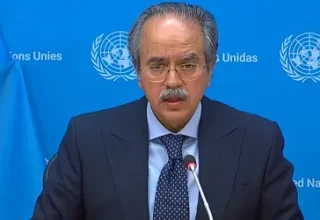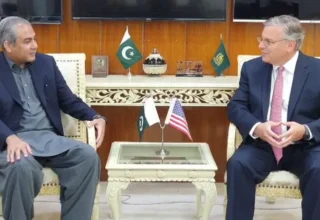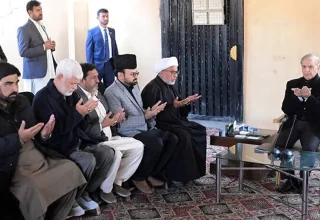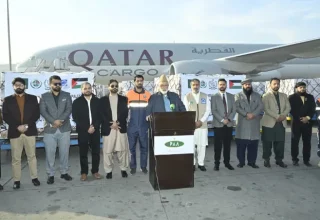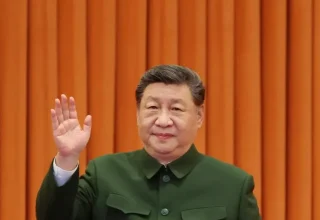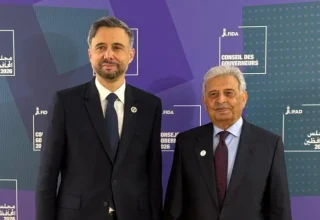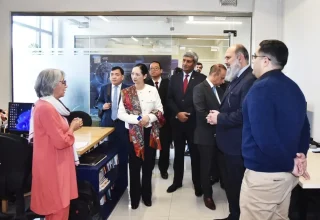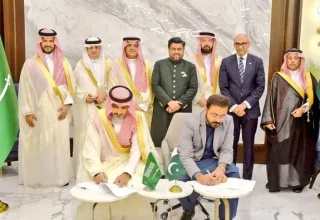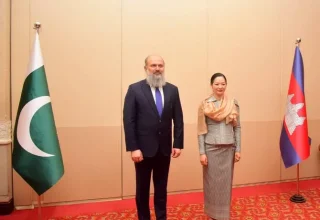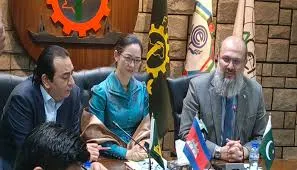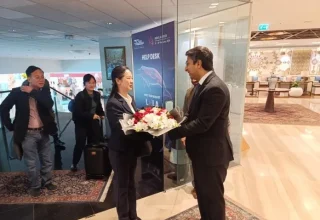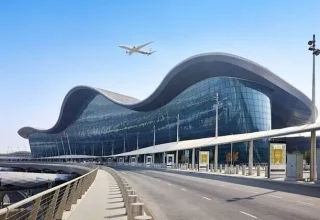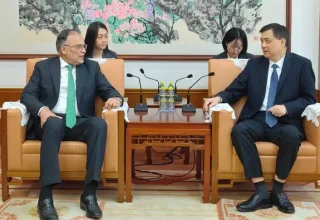
Federal Minister for Planning, Development and Special Initiatives, Professor Ahsan Iqbal, inaugurated the 14th meeting of the Joint Cooperation Committee (JCC) of the China–Pakistan Economic Corridor (CPEC) in Beijing, calling it the beginning of a new era of high-quality, inclusive, and people-centered development under Phase II of the project.
In his opening address, the Minister described Pakistan and China as “iron brothers,” whose partnership is rooted in trust, sacrifice, and a shared destiny. He praised President Xi Jinping’s global initiatives and credited CPEC as the most tangible expression of the Belt and Road Initiative in Pakistan.
Highlighting Phase I achievements, Ahsan Iqbal noted that Pakistan’s crippling energy shortages had been resolved through $18 billion worth of projects adding over 8,000 megawatts to the grid. He cited 888 kilometers of new highways, the modernization of the ML-1 railway, and Gwadar’s transformation into a maritime gateway as milestones of CPEC’s first decade.
Looking to the future, the Minister outlined a roadmap for Phase II, emphasizing youth, people, and exports. He proposed 10,000 PhD scholarships in AI, engineering, and emerging sciences at Chinese universities, alongside vocational training and internships to prepare Pakistani youth for leadership in advanced technologies. He also called for piloting China’s poverty alleviation model in Pakistan’s poorest districts and modernizing agriculture through agro-logistics and digital platforms.
Ahsan Iqbal stressed that exports must be the engine of growth, urging greater access for Pakistani products in Chinese markets. He proposed new special economic zones in Karachi and Islamabad to attract Chinese industrial relocation and suggested creating a Pakistan–China Industrial Relocation Fund.
The Minister presented five new corridors for CPEC Phase II Growth, Innovation, Green, Livelihood, and Regional Connectivity encompassing initiatives in renewable energy, digital infrastructure, research partnerships, climate resilience, and cross-border trade.
Special attention was given to Gilgit-Baltistan, where a proposed 300 MW solar project could eliminate long blackouts and boost the region’s economy. He emphasized the need to shift CPEC from government-to-government projects to business-to-business partnerships, citing recent investment deals worth $8.5 billion signed by Pakistani and Chinese firms.
Reaffirming Pakistan’s commitment to the safety of Chinese personnel and projects, Ahsan Iqbal concluded that CPEC Phase II should be remembered as a corridor of hope, innovation, and shared prosperity.
The 14th JCC meeting, attended by senior officials and experts from both countries, is expected to formalize decisions that will steer CPEC into its next phase and cement Pakistan–China cooperation for years to come.


